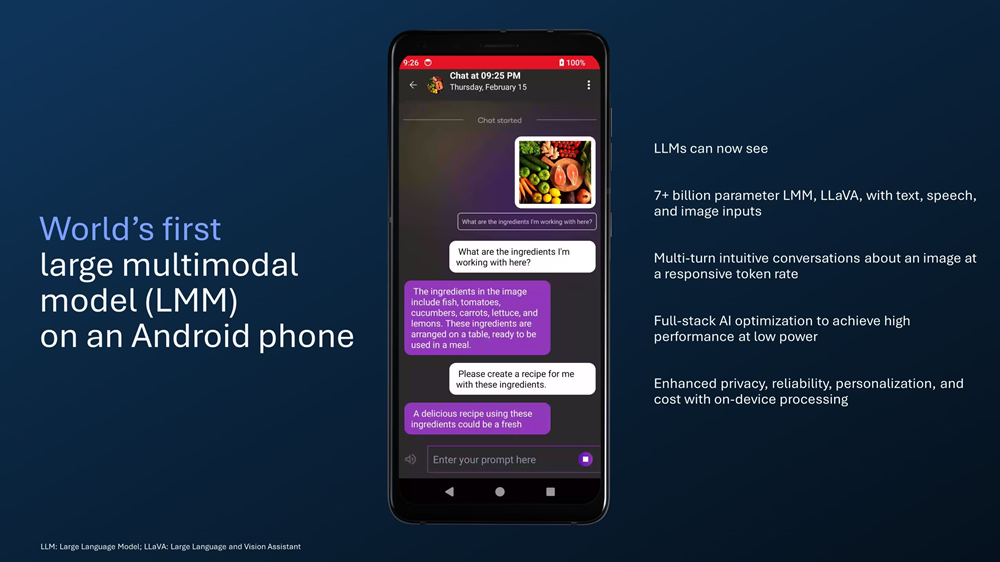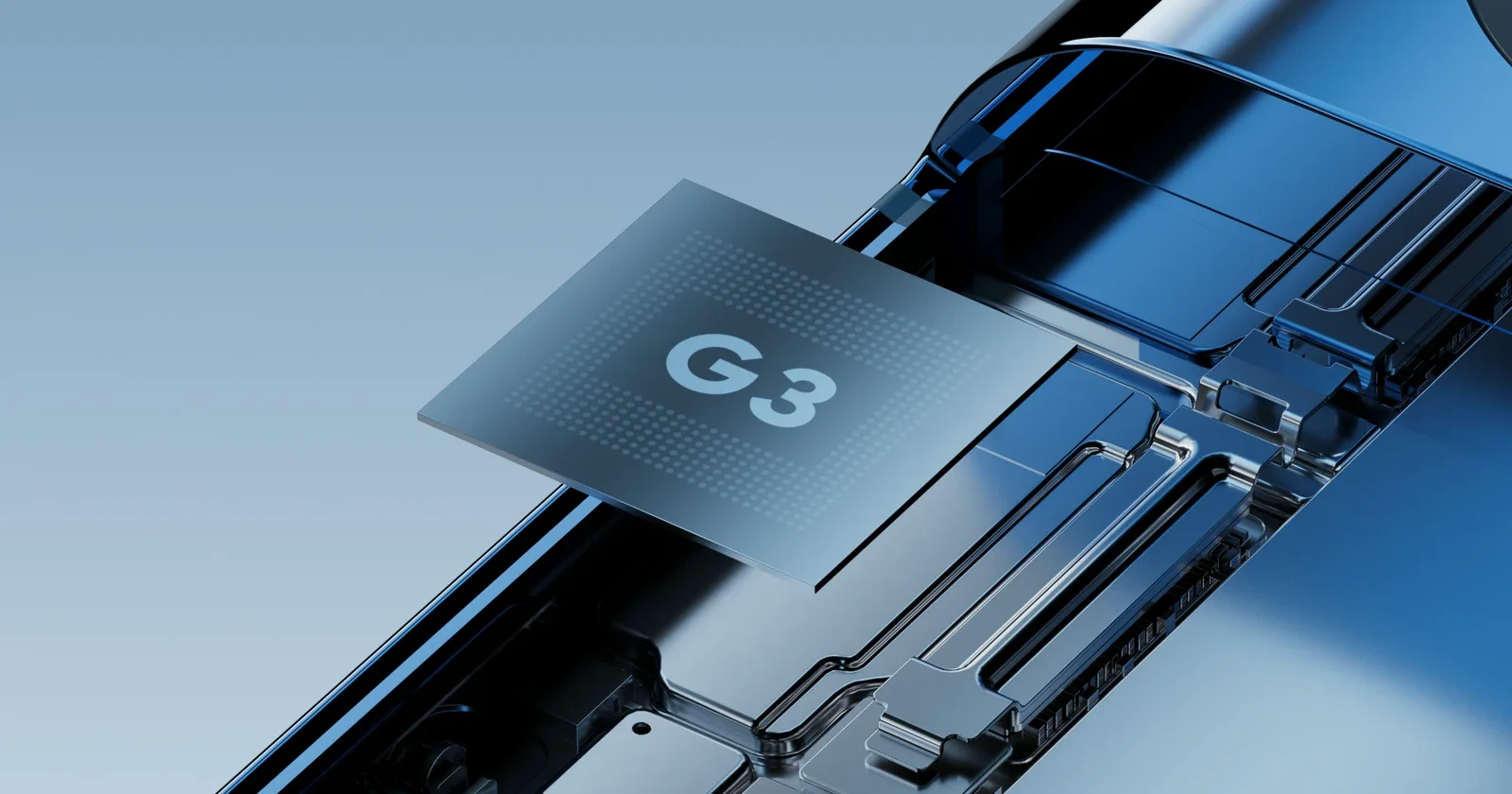I strongly believe that Google could improve the Pixel line by switching back to Qualcomm processors instead of using its own Tensor chips.
— Abuya (@AbuyasLife) February 21, 2024
The Google Pixel line has seen its fair share of controversy lately, with the Pixel 6, Pixel 7, and now Pixel 8 facing persistent network and overheating issues attributed to their Tensor chipsets. This has even led to a potential lawsuit against Google.
While these issues haven’t affected everyone, their persistence across three generations raises questions about Google’s decision to switch from Qualcomm’s Snapdragon chips to their own Tensor design. On the other hand, Google’s reasoning for the switch was to leverage the Tensor’s capabilities for unique AI features and experiences on Pixel devices. This strategy mirrors Apple’s successful use of their own Bionic A-series chips in iPhones.
However, the recent announcement of the Snapdragon AI-powered Galaxy S24 Ultra throws a wrench into the equation. This phone boasts impressive on-device AI capabilities, challenging the Pixel’s supposed AI advantage that is heavily dependent on Google’s cloud servers. Additionally, Samsung’s ability to work with Qualcomm on a customized Snapdragon chip raises questions about whether Google could have pursued a similar partnership for its line of Pixel devices, potentially avoiding the current issues and lawsuit.
Qualcomm has also made huge steps with the introduction of the Qualcomm AI Hub, a platform empowering app developers with access to pre-optimized AI models. This simplifies the process of integrating powerful AI functionalities into their applications. Furthermore, Qualcomm has recently showcased its new generation of AI-powered 5G modems that leverage AI capabilities to potentially enhance network efficiency and performance, boosting the overall user experience.

Perhaps the most groundbreaking announcement was the exploration of running large language models (LLMs) directly on Android phones powered by Qualcomm’s Snapdragon chips. This paves the way for a future where a wider range of AI tasks can be performed locally on the device, reducing reliance on cloud-based services like with the case of Google Pixel 8 and 8 Pro AI features. This shift towards on-device AI processing offers several advantages. Firstly, it eliminates the need for external servers, potentially reducing costs associated with cloud-based processing. Secondly, it enhances user privacy by ensuring data remains on the device, mitigating concerns about potential breaches on external servers. Finally, it improves user experience by enabling offline access to AI features, even without an internet connection.
Qualcomm’s advancements in AI present a compelling vision for the future. They have the potential to empower developers with powerful tools, enhance user privacy, and improve overall user experience on mobile devices. That said, this poll seeks to gauge your opinion on whether Google should have continued using Qualcomm Snapdragon chips in its Pixel devices, which are known for their reliability and performance and are just getting much better with these new AI capabilities, instead of switching to Tensor chipsets.


